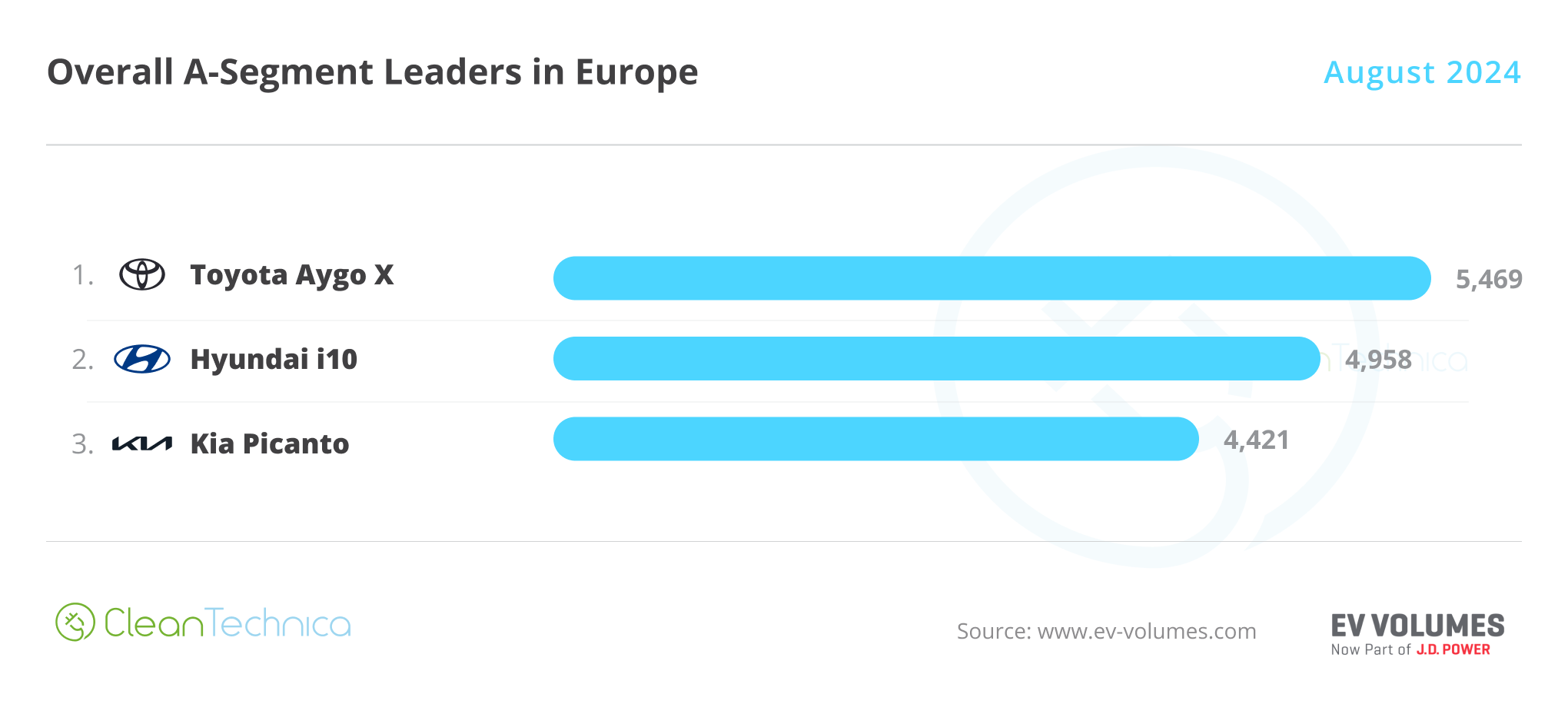The Minerals Council of Australia (MCA) has called on the Federal Government to consider making key changes to the Environment Protection Reform Bill, saying clearer guidance is needed on what constitutes unacceptable impacts for all matters of national environmental significance.
Speaking before the Senate Environment and Communication Legislation Committee last week, MCA chief executive officer (CEO) Tania Constable said the minerals industry “strongly supports this bill’s intent to deliver a system that protects Australia’s unique environment while enabling responsible and efficient project development.”
She told the Senate Committee – chaired by Senator Varun Ghosh – that successfully modernising the EPBC and mining approvals processes would allow Australia to remain globally competitive and deliver investment, jobs and regional benefits faster.
“Mining capital is highly mobile, and while Canada, the United States and Chile – as well as emerging mining jurisdictions such as South America and the Middle East – are acting decisively to cut approval times and attract investment, it takes 16 years to bring new mines and processing facilities into production in Australia,” Constable said.
She said getting the reforms right would provide an “immense opportunity” to boost Australia’s position and reputation as a reliable and globally leading minerals producer.
“Developing more mines, more quickly will allow Australia to responsibly produce sooner and at greater scale – from traditional commodities to critical minerals such as copper, nickel and lithium – to support global decarbonisation and sustainable development goals.”
However, she said, the proposed reforms would have to effectively balance economic and environmental concerns.
“If these key issues are not addressed, the risk of unintended consequences for business is high – and the legislation will fail to deliver a net gain for environmental outcomes, productivity or the government’s economic and decarbonisation priorities.”
Constable said chief among these issues was the need for a single, clear definition of unacceptable impacts for all matters of national environmental significance.
“Unacceptable impacts is a critical new test where projects will either be rejected outright or move forward for detailed assessment,” Constable said.
“The 37 requirements are unclear and subjective, capturing vast swathes of the landscape and opening avenues for legal challenge. As drafted, this does not achieve the government’s intent to provide clear criteria.
“This complex issue requires clear, evidence-based guidance through national standards and policy – rather than unclear legislation that cannot be easily fixed.”
During the hearing, Constable also raised several other key areas in the bill that the MCA believed required either clarification or amendments.
She said that all existing assessment pathways should be retained because the proposed amendments in the bill would mean complex developments are unlikely to qualify for the new streamlined process.
She also raised the point that the EPA must be accountable to the public through elected officials and that compliance and enforcement measures brought about by Environmental Protection Orders (EPOs) should be balanced and proportionate.
Public hearings for the Environment Protection Reform Bill 2025 and six related bills are continuing. The Environment and Communications Legislation Committee is expected to release a report on its finding in March.
Get 50 per cent off your Australian Mining annual magazine subscription during our Black Friday sale. Visit our subscription page and use the code: AMBF25. Ends on 27 November 2025.




